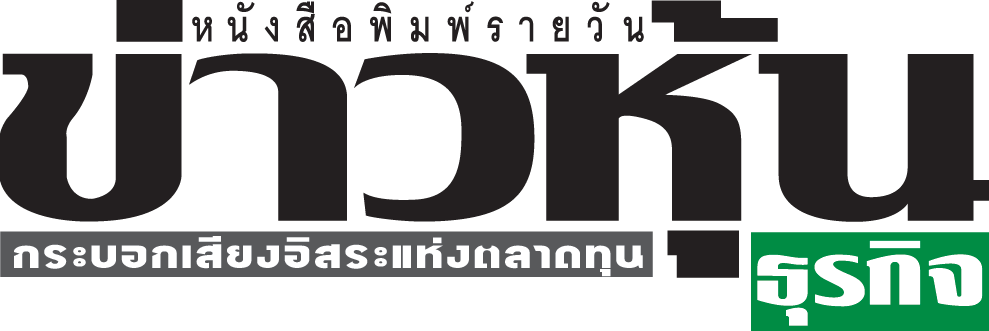
BOT Sees Slight Improvement in Economy with a Surplus in Current Account from Gold Export
BOT Sees Slight Improvement in Thai Economy with a Surplus in Current Account, Largely Contributed by Gold Exports.
The Bank of Thailand (BOT) stated that in August 2020, the Thai economy slightly improved, held up by lighter contractions in merchandise exports value, manufacturing production and private investment indicators. In addition, public spending, excluding transfers, had greater expansion.
However, private consumption indicators contracted further after positive effects of special extended holiday in the previous month terminated. Meanwhile, the tourism sector persistently experienced severe contraction due to travel restrictions on foreign tourist arrivals.
In the press release, BOT stated that the value of merchandise exports contracted by 8.2 percent from the same period last year. Excluding gold export, recording at the historical high, the value of merchandise exports contracted by 13.6 percent, a lesser contraction from 14.3 percent in the previous month. This is attributed by improvement in exports of petroleum-related products, automotive and parts and electrical appliances, consistent with gradual recovery of demand in trading partner countries. However, agricultural products contracted deeper, especially fruits exported to China, after having accelerated in the preceding period.
Manufacturing production had a softer contraction in almost all categories, aligning with the gradual recovery in the merchandise exports and domestic spending.
Private investment indicators marked lighter contraction as compared to the previous month, mainly from investment in machinery and equipment. This is evidenced by the improvement in imports of capital goods and the number of newly registered motor vehicles align with modest recovery in domestic and external demand as well as the upturn momentum in business sentiment despite being at the low level. Meanwhile, investment in construction expanded at a slightly softer pace, following construction material sales.
The value of merchandise imports contracted by 19.1 percent from the same period last year, exhibited softer contractions in all categories of products as compared to the previous month; notably consumer products, capital goods, and raw materials and intermediate goods, in line with the improvement in overall economic activities.
Private consumption indicators were still on a recovery path in line with factors supporting consumer purchasing power. This exhibited by gradual improvement in employment conditions, household income and consumer confidence, despite private consumption indicators contracting deeper this month. The reversion led by higher contraction in non-durable goods and services spending after positive effects of special extended holiday last month terminated. Meanwhile, spending on durable goods continued to contract at a lower rate, partly due to the purchase of a new passenger car model entered the market in the previous month.
The number of foreign tourist arrivals continued to contract severely at 100 percent from the same period last year. Thailand received no foreign tourist arrivals for the fifth consecutive months as international travel restrictions remained in place.
Public spending, excluding transfers, had greater expansion attributed by marked expansion in capital expenditures from the central government. However, current expenditures slightly contracted due to purchases on goods and services. Meanwhile, state enterprises’ capital expenditures shrank from disbursement of transportation agencies.
On the overall economic stability, headline inflation recorded a softer negative, on the back of the increase in fresh food and energy prices, while core inflation declined slightly. In respect of the labor market, the unemployment rate came down slightly but the number of workers registered for jobless claims remained high.
The current account was a surplus largely contributed by gold exports. The capital and financial accounts posted a deficit owing to the outflow in liabilities, led by the net sell-off on Thai equity securities by foreign investors and the loan repayment by Thai depository financial corporations.


